They’re at the forefront of food and drink trends, they introduce exciting new flavour combinations that excite the masses and take part in endless tasting sessions. To the outside world it can look like buyers have one of the best jobs in the world. But, the reality is, there’s a lot more to the job than trying out new products.
We spoke to Emilie Gregson from specialist fmcg recruitment agency Signature Career Management to find out the most important skills that all of the UK’s best fmcg buyers have in their arsenal.
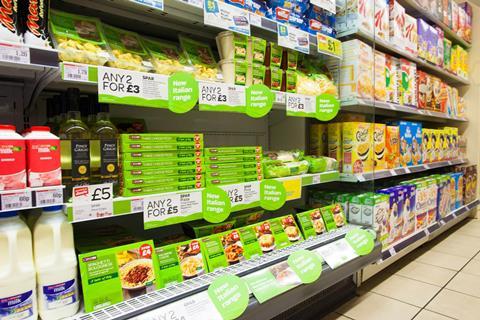
Strong data and organisational skills
Someone who can't read and interpret data isn't going to cut it as a buyer.
Buyers can’t rely on suppliers to give them the market analysis they need to plan their category. Some suppliers might offer up unbiased reports, but others will only provide the figures they want a buyer to see. And buyers could be dealing with up to 50 different suppliers all telling them different things – it's their job to cut through the noise and find the real story within the data. And startups won't have any data at all.
Outside of market data, buyers also deal with spreadsheets for their promotional calendar, pricing, volume vs profit and forecasting, so strong excel skills are a must.
And to top it off, all categories have a regular flow of NPD to be managed. Every new product will come with its own calendar of tasks to be completed.
Sharp commercial acumen
Buyers need to understand how to plan, manage and implement budgets. Not only should they be aware of their top line sales, but also their bottom line in the short and long term.
They're also joint business planning, considering the commercial outcomes for their retailer and suppliers – so a buyer has to have strong money management skills.
Master negotiating skills
Buyers spend a lot of time sitting in front of suppliers. They need to be able to negotiate the best deals that work for both parties: that might mean convincing suppliers to provide marketing support, or asking them to shell out money for certain shelf space. It's always a case of give and take, and a great buyer can use their influence to get the best outcome.
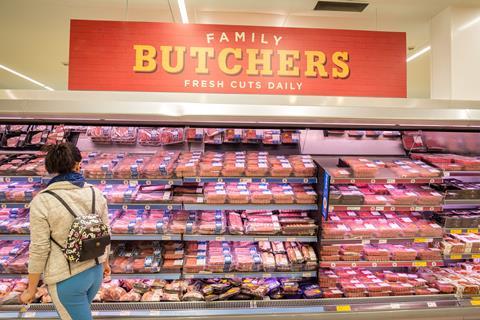
Market awareness
Successful buyers have a genuine interest in their category and know exactly what’s going on in the market. They’ll read lots of trade magazines, know what their competitors are doing and have a good grasp on the effect their category decisions have on the wider market.
They're tasked with growing market share, so buyers for big retailers need to be aware of what's happening within their category at the discounters and in the convenience market, too.
There’s also the small matter of understanding what consumers want from a category and trying to anticipate their needs.
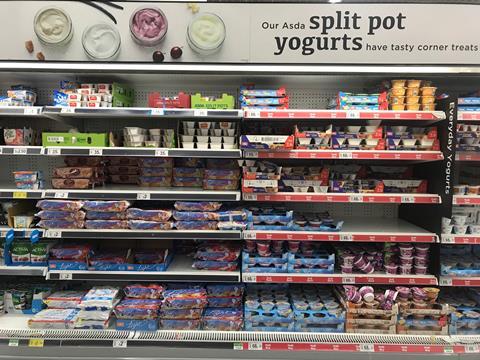
The ability to keep calm under pressure
Buyers need to be incredibly fast decision makers. If their boss sets a target and there's limited space on shelf, there's no time for flapping. If the category is underperforming, buyers need to act quickly and make tough decisions to still make their KPIs.
And on top of this, buyers working in chilled have to work even faster because of their products' short shelf lives.
Are you a buyer working in own-label?
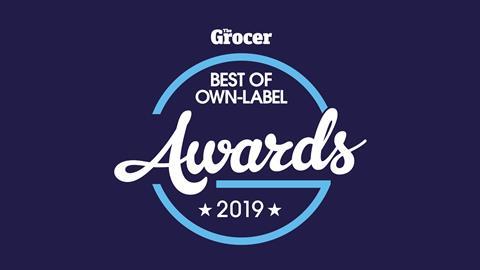
Enter The Grocer’s Best of Own-Label Awards for free today and get the recognition you deserve. We’ll be crowning Best Own-Label Buyer, Best Own-Label Range and Best Own-Label Team among several other enviable titles.
Check out the rest of the categories and enter for free here.







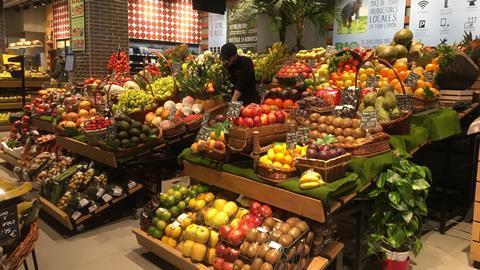




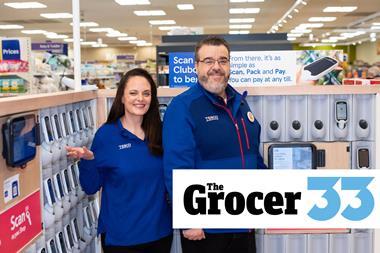
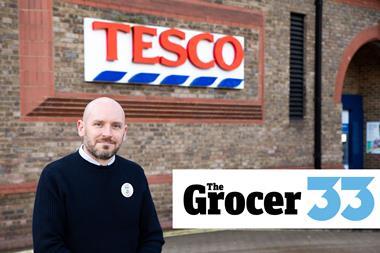






No comments yet